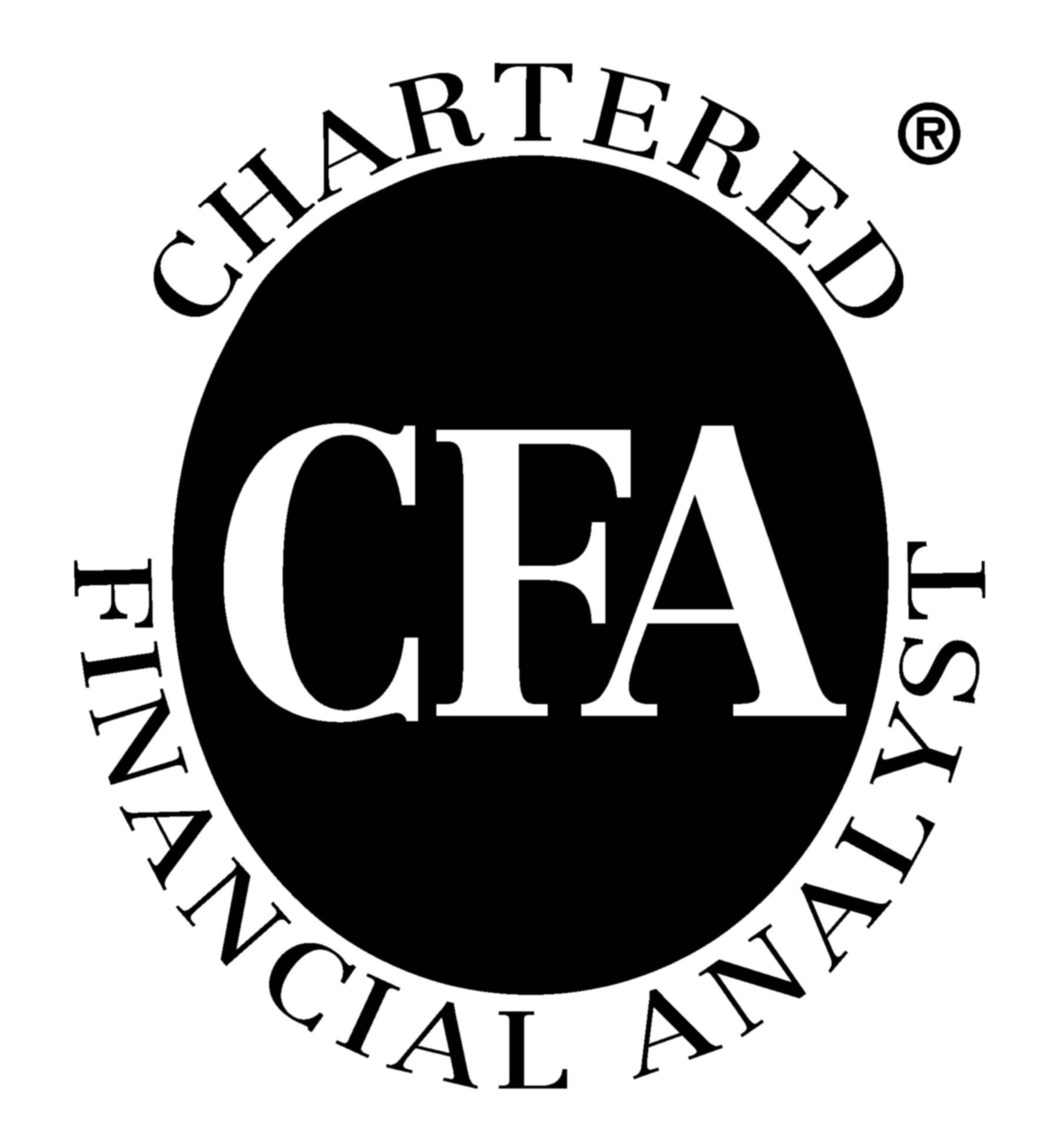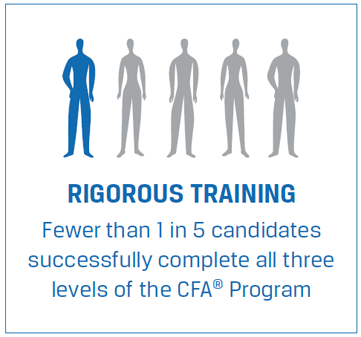Why Choose Mainsail?

Your Voyage. Our Navigation Skills.
Your destination - not ours as a company - will always be front and center in our relationship. Our success is built on understanding your story and helping to implement your goals. Can we assist you in imagining and exploring what you may not have thought possible? Without a doubt. Do we sometimes caution our clients? By all means. But your wishes always command our full respect.
We bring to your voyage an industrious group of professionals whose track records and credentials are important reasons for you to entrust your portfolio to Mainsail. A number of us have backgrounds with very large and respected national investment firms. Our company itself has earned some special designations and awards based on our areas of expertise.
Designations
Our team has a diverse array of professional designations and qualifications which when combined together ensure our clients have access to the skills necessary to help them on their financial journey.
- 3CERTIFIED FINANCIAL PLANNER™ Professionals (CFP®)
- 1Chartered Financial Analyst® (CFA)
- 1Certified Wealth Strategist (CWS)
- 1Chartered Retirement Planning Counselor (CRPC)
- 1Financial Paraplanner Qualified Professional (FPQP)
- 6Series 7 Licensed Associates

Working with a CFP® (Certified Financial Planner)
What It Means for You
- Holistic financial guidance: CFP® professionals are trained to look at the full picture—from cash flow to taxes, estate planning, investments, retirement, and more.
- Fiduciary commitment: CFP® professionals are held to the highest standard of care and are required to put your interests first, always.
- Rigorous standards: Earning the CFP® certification means passing a 6-hour exam, completing formal coursework, and gaining real-world planning experience.
- Trusted by clients and regulators: The CFP® mark is recognized as the highest standard in personal financial planning—and it’s earned, not given.
Why It Matters to You
CFP® professionals combine technical training with real-life planning experience to help you make confident, well-informed financial decisions. It’s not just about knowledge—it’s about applying it in a way that fits your goals, your family, and your life.
Learn more about why you should choose a CFP® professional
What Sets a CFP® Professional Apart
When you hire a CFP® professional, you work with an advisor who has met rigorous qualifications for financial planning. Most important, a CFP® professional has made a commitment to CFP Board to act in the best interests of their client.
| Financial Planner Without CFP® Certification | CFP® Professional |
|---|---|
| It’s easy for someone to call themselves a financial planner. | Meets requirements established by CFP Board. |
| May not be required to put your best interests first. | Makes a commitment to CFP Board, as part of their certification, to place your best interests first. Can receive sanctions from CFP Board, and even risk losing their certification, for violations of ethical standards set by CFP Board. |
| Level of financial planning knowledge varies. | Has demonstrated the knowledge required to deliver holistic financial planning. |
| Years of experience varies. | Must have a minimum of 2 years of financial planning experience. |

Working with a CFA® Charterholder
What It Means for You
- Stronger investment oversight: CFA charterholders are trained in analyzing global markets, managing portfolio risk, and building long-term strategies.
- Experience you can trust: Earning the CFA designation requires passing three rigorous exams and completing at least four years of relevant work.
- Ethics at the core: CFA professionals follow a strict code of conduct—something we value highly in how we serve clients.
- Added depth for your plan: While common in institutional finance, CFAs are less typical in wealth management firms like ours—bringing a level of insight that sets our investment approach apart.
Why We Think It Matters
Planning is at the heart of what we do—but smart, thoughtful portfolio management plays a key supporting role. Having a CFA® charterholder on our team gives us the tools to evaluate investment options critically, manage risk intentionally, and stay focused on what works over time.
Learn more about the CFA® designation



Working with a CWS® (Certified Wealth Strategist)
What It Means for You
- Advanced wealth planning: CWS® professionals are trained to navigate complex financial needs—including multi-generational planning, equity compensation, tax strategy, and business succession.
- Strategic coordination: The designation emphasizes working across disciplines—integrating investments, estate planning, insurance, and tax considerations into a cohesive strategy.
- Built for high-net-worth households: Designed for advisors serving clients with more complexity, the CWS® equips us to lead meaningful planning conversations and manage evolving financial priorities.
- Professional depth, personal approach: The designation enhances our ability to deliver sophisticated advice while maintaining the responsiveness and relationship focus you expect from a boutique firm.
Why It Matters to You
The CWS® designation supports the kind of high-level planning our clients expect—helping us coordinate across legal, tax, and investment areas to keep your financial life moving forward with clarity and purpose.

Working with a CRPC® (Chartered Retirement Planning Counselor)
What It Means for You
- Specialized retirement expertise: CRPC® designees are trained to navigate retirement complexities—helping you align lifestyle goals with income, taxes, health care, and legacy planning.
- Guidance at any stage: Whether you’re five years from retirement or already drawing income, CRPC® professionals can help you adjust and optimize as life evolves.
- Planning beyond investments: From Social Security timing to Medicare, estate planning, and income strategies—this designation focuses on the full retirement picture.
- Credentialed with integrity: CRPC® holders complete a rigorous curriculum through the College for Financial Planning and commit to ongoing education and ethical standards.
Why It Matters to You
Retirement is one of the most important transitions you’ll ever plan for. Working with a CRPC® designee means you have a specialist in your corner—someone who can help you move forward with confidence, clarity, and structure.

Working with an FPQP® (Financial Paraplanner Qualified Professional)
What It Means for You
- Strong planning support: FPQP® designees are trained in the foundations of financial planning—enabling them to assist in areas like investments, retirement, insurance, and tax strategy.
- Improved efficiency and consistency: Their training allows our team to prepare more thoroughly, respond more quickly, and support your plan with confidence and attention to detail.
- Part of a broader planning team: FPQP® professionals work closely with CFP®s and other senior advisors—helping ensure your experience is both high-touch and well-coordinated.
- Committed to professional standards: FPQP® designees complete a rigorous curriculum through Kaplan and follow ethical and continuing education requirements.
Why It Matters to You
Behind every thoughtful recommendation is a team working to keep things aligned, accurate, and responsive. FPQP® professionals help bring that consistency to life—so you always feel informed, supported, and taken care of.
